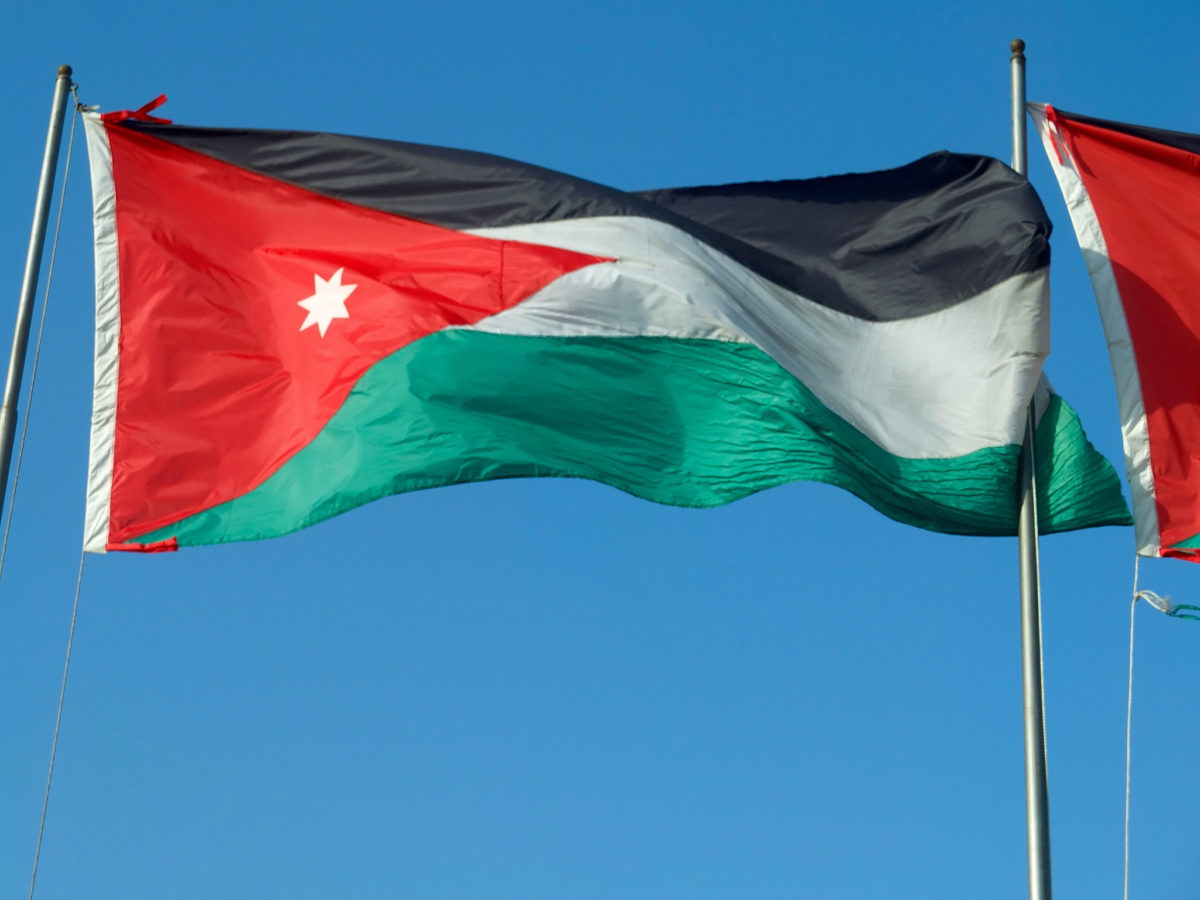Rather quietly, Jordan’s Government has approved a new policy allowing all public institutions – universities and museums, for example – to build, operate and own a solar PV plant up to 10 MW, pv magazine has learned.
The generated electricity will be sold at a negotiated price to the state-owned National Electric Power Company, NEPCO.
The rationale behind the new policy is that public institutions can improve their financial balance sheets, thus reflecting the view in Jordan that solar power plants are a profitable business.
Overall, there are around 50 higher education institutes in Jordan, and at least a dozen public museums that could potentially implement the new policy. Taking into account these and other public institutions, Jordan's new policy could, in theory, lead to at least 1 GW of new solar PV installations. It remains to be seen how many will actually engage, however.
Mutah Univeristy tender
Among the first institutions to benefit from the new policy is Mutah Univeristy, located in the Karak Governorate.
Following a Letter of Intent (LOI) between Mutah University and Jordan’s Ministry of Energy and Mineral Resources (MEMR), the university is now calling on qualified companies to submit their bids for developing a 10 MW PV plant.
Qualified bidders may be local or international players, or joint ventures comprising the two, and can purchase the tender documents for 2,000 Jordanian Dinars (around US$2,800) by Monday April, 9. The submission deadline for the bids is Monday, April 30.
Bidders should submit both technical and financial offers, as well as a bank guarantee or a check for the amount of 400,000 JD issued in the name of Mutah University. “This amount will be paid by the guarantor, on first demand if it becomes evident that information given by the contractor contained false statements,” said the university.
Mutah University has already assigned potential locations for the project, however the bidders can suggest alternative locations as long as they comply with NEPCO’s requirements.
Investors will also be responsible for financing and building the required power lines necessary for connecting the 10 MW PV plant to the nearest NEPCO substation.
Popular content
Design, Build, Operate and Transfer (DBOT)
Mutah University’s 10 MW PV plant will be developed based on a Design, Build, Operate and Transfer (DBOT) model.
This means the winning bidder will design and build the solar power plant, operate it for a period offered by the bidder, and then transfer the plant to Mutah University, once the offer/lease period expires.
The power purchase agreement (PPA) under which the generated electricity will be sold to NEPCO should also clearly state the time of transferring the plant ownership to the university.
“The remaining expected life of the station should be covered by ‘The Performance guarantee agreement’,” added the university.
DBOT is not a new feature on the Jordan solar market. pv magazine reported on Jordan’s (and the Middle East’s) first transfer ownership PV system in May 2016, when Jordan’s Al-Hussein Bin Talal University and the Jordanian FB Group signed an agreement to develop a 3 MW net metering system located in the university campus, about 9 km from the southern city of Ma’am.
A university taking the lead is also not new to Jordan. Again in 2016, we published a list of Jordanian universities active in the solar PV sector, employing either net metering or PPA models.
In addition to the 10 MW plant, Mutah University is also building a separate 5 MW net metering PV plant, located on the university campus. Jordan’s Kawar Energy is the EPC contractor for the project, which aims to satisfy the university’s electricity needs, when operational.
Overall, Jordan boasts the most advanced solar energy policy in the Middle East and Northern Africa (MENA) region, allowing for the development of both large-scale, ground-mounted PV plants, as well as a plethora of rooftop PV via various schemes.
This content is protected by copyright and may not be reused. If you want to cooperate with us and would like to reuse some of our content, please contact: editors@pv-magazine.com.


2 comments
By submitting this form you agree to pv magazine using your data for the purposes of publishing your comment.
Your personal data will only be disclosed or otherwise transmitted to third parties for the purposes of spam filtering or if this is necessary for technical maintenance of the website. Any other transfer to third parties will not take place unless this is justified on the basis of applicable data protection regulations or if pv magazine is legally obliged to do so.
You may revoke this consent at any time with effect for the future, in which case your personal data will be deleted immediately. Otherwise, your data will be deleted if pv magazine has processed your request or the purpose of data storage is fulfilled.
Further information on data privacy can be found in our Data Protection Policy.